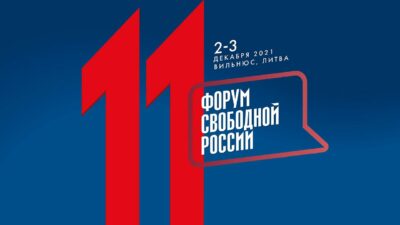The Parliamentary Assembly of the Council of Europe (PACE) has adopted a resolution calling for the transfer of frozen Russian assets for Ukraine’s recovery. All 134 delegates present at the meeting voted in favor.
The document suggests setting up an international trust fund, where the funds seized from Russia will be transferred in order to use them to help Ukraine. According to the idea, the distribution of the assets will take place within the framework of an international compensation mechanism, which should be developed under the auspices of the Council of Europe.
The draft resolution said that Russia, as an aggressor country, was obliged to provide “full compensation” for the damage caused by its unlawful actions, which led to the death of people and destruction of infrastructure in Ukraine.
PACE calls for the establishment of an impartial and effective international commission to consider lawsuits filed by Ukraine and individuals and legal entities affected by the war.
So far, the EU has confirmed its readiness to use only the profit from Russia’s frozen assets to help Kyiv. We are talking about the amount of 3-4 billion euros a year. The profit is generated by the 190 billion euros worth of bonds purchased by the Bank of Russia and held in the Euroclear depository.
However, the US and UK are pushing the EU to confiscate all the funds, and Belgium has proposed using the assets as collateral for the bond issue. Recently, a new initiative in Washington has been floated to leverage the funds against future revenues.
“Instead of transferring [Ukraine] annual revenues from reserves, it is conceptually possible to transfer 10 or 30 years’ worth of revenues. Their present value is estimated to be very large”, explained White House Deputy National Security Advisor Dalip Singh. According to him, this can be done by issuing bonds or granting a loan secured by future revenues from the reserves.
The Russian authorities call the blocking of assets abroad illegal. The Kremlin said that it would consider the seizure of these funds in favor of Ukraine as “direct theft” and threatened to sue. Finance Minister Anton Siluanov warned of mirror measures in response to the confiscation. Central Bank Chairman Elvira Nabiullina emphasized that the regulator would take measures to protect its interests if the West uses frozen Russian assets.





